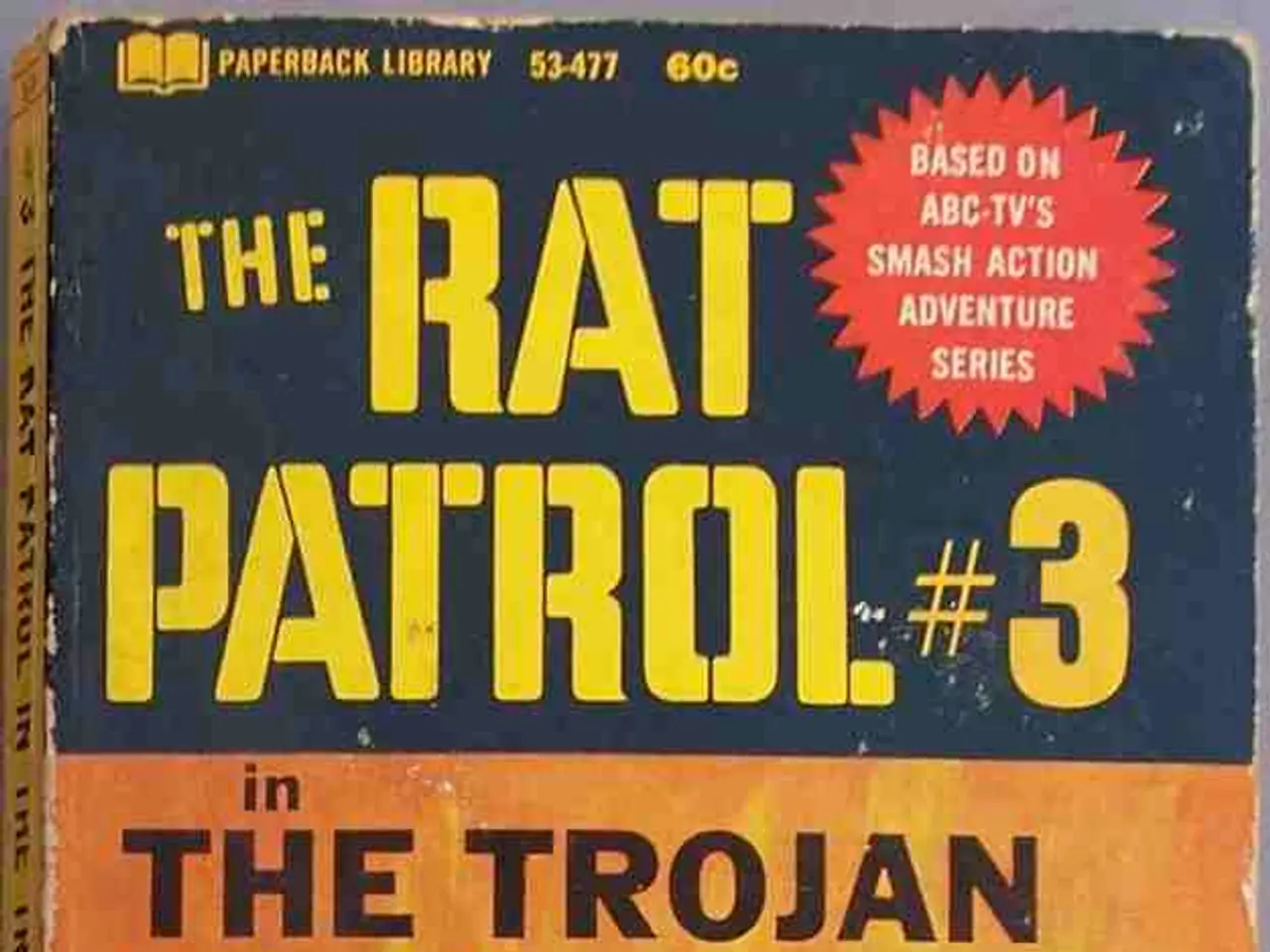Ukraine faces impending reinforcement: North Korea plans to dispatch 6,000 new soldiers for combat
In the ongoing Ukraine conflict, significant developments have emerged in recent times.
British Prime Minister Keir Starmer has reaffirmed the UK's "unwavering" support for Ukraine and emphasised the need for robust and credible security guarantees to defend its territorial integrity. Meanwhile, the US government temporarily suspended some Russia sanctions to facilitate a meeting between President Donald Trump and Kremlin chief Vladimir Putin in Alaska.
Ukrainian military intelligence has claimed that North Korea sent approximately 6,000 soldiers, tanks, and armored personnel carriers to fight in the war alongside Russian forces. This claim is supported by reports indicating that North Korea has deployed significant troop numbers to support Russia, with estimates ranging from 10,000 to as many as 30,000 North Korean soldiers sent or pledged to be sent in phases. Casualties among North Korean forces have been substantial, with thousands killed or injured. North Korean leader Kim Jong Un has publicly acknowledged some of these troop losses, confirming the presence and combat deaths of North Korean soldiers in the conflict.
The UN Refugee Agency (UNHCR) reports increased destruction, suffering, death, and displacement in Ukraine. Some nights have seen dozens of drone attacks, leading to a record high number of injured and killed civilians in July, with almost 40 percent of the casualties attributed to Russian air strikes with drones and missiles on targets in the Ukrainian hinterland.
In a concerning turn of events, a refinery in the Russian city of Volgograd was attacked by Ukrainian drones, resulting in a fire and oil spillage.
On the diplomatic front, US President Donald Trump has offered European politicians security guarantees from the USA for Ukraine, while Poland announced a $3.8 billion investment to modernize its 48 F-16 fighter jets, increasing their compatibility with NATO.
However, Poland's Prime Minister Donald Tusk states that Russia wants to make a reduction in NATO troops a topic of Ukraine negotiations. Sahra Wagenknecht, chair of the BSW, accuses Chancellor Friedrich Merz of prolonging the war in Ukraine by organising a virtual summit to prepare for a meeting between US President Donald Trump and Russian President Vladimir Putin. French Foreign Minister Jean-Noël Barrot states that US President Donald Trump is going into talks with Russian President Vladimir Putin with the demand for an unconditional ceasefire.
Germany is financing one of the support packages for Ukraine, consisting of US weapons and US ammunition. The Ukrainian foreign intelligence service (SZRU) reports falling prices for Russian oil, with a barrel of Urals oil $1.50 cheaper than a barrel of Brent.
Amidst these geopolitical shifts, Nina Winzen, working for the UNHCR in Kyiv, states that families go to bed at night unsure who will survive the next day. The future of Ukraine remains uncertain, as the world watches and responds to this complex and evolving conflict.
[1] Ukrainian military intelligence's figure of around 6,000 troops fits within broader estimates that North Korea has sent thousands of personnel to the conflict in stages, possibly including tanks and armored vehicles. [2] Kim Jong Un has acknowledged the deaths of North Korean soldiers fighting for Russia in the Ukraine war, lending credence to reports of their active combat role. [3] North Korean military officials involved in the war effort have returned to Pyongyang recently, indicating organized military participation.
Read also:
- Southwest region's most popular posts, accompanied by an inquiry:
- Discussion between Putin and Trump in Alaska could potentially overshadow Ukraine's concerns
- Massive 8.8 earthquake hits off the coast of Russia's Kamchatka Peninsula, prompting Japan to issue a tsunami alert.
- Tinubu's administration allegedly causing issues within every political party as Peter Obi's name surfaces - Obidient Movement asserts








